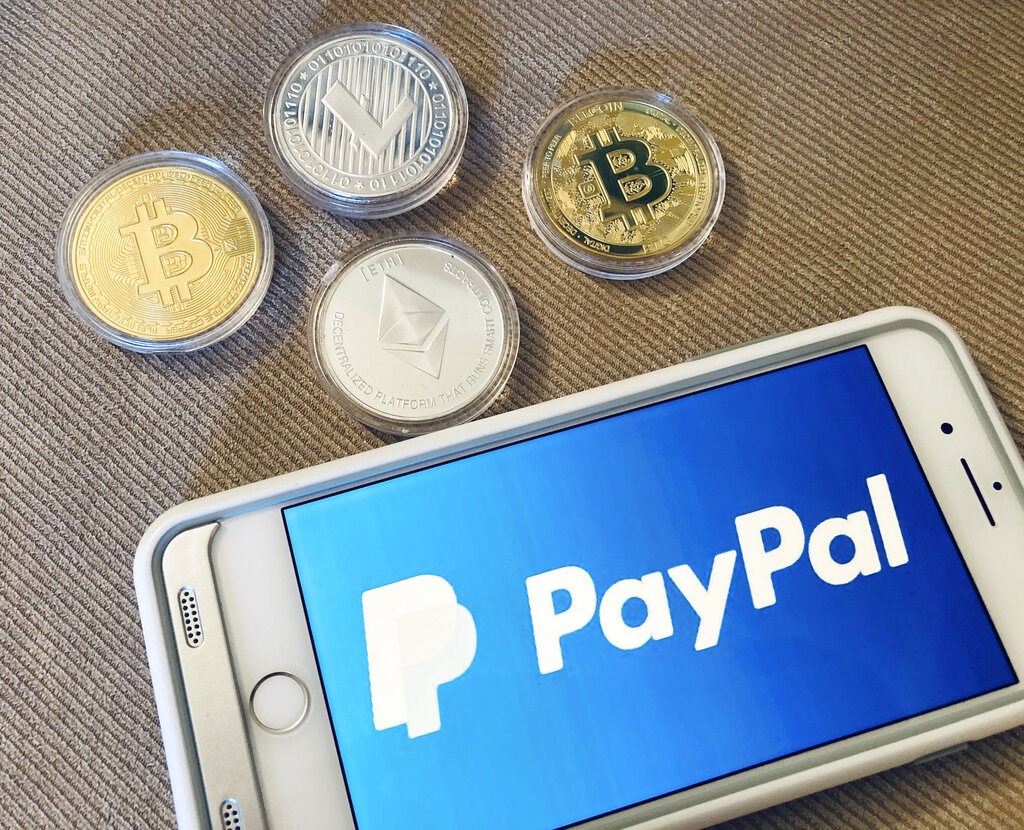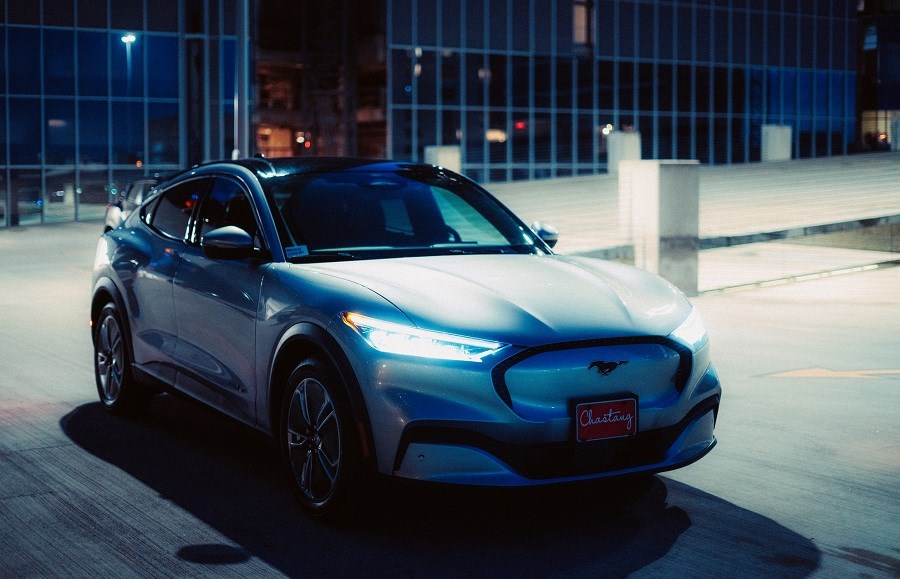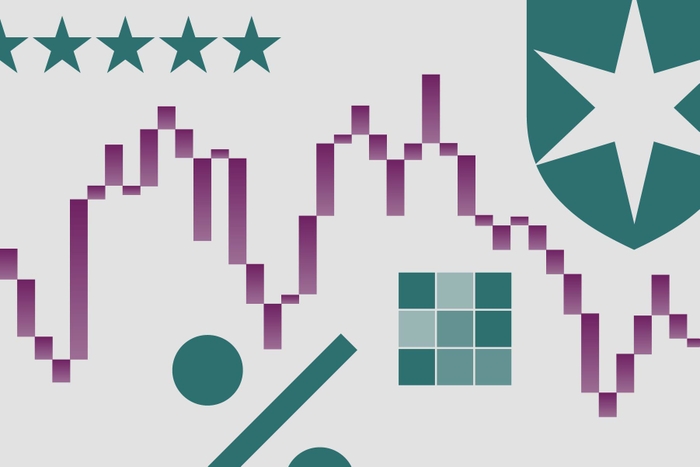
Our latest stock of the week poll gave our Twitter followers the choice of some high-profile overseas companies that have reported in the last few days, including Walt Disney, Tencent and Adidas. But they’ve gone for PayPal (PYPL), the digital payments company that has big ambitions in the (you guessed it) crypto space.
Readers of a certain age will remember PayPal as one of the first movers of the Web 1.0 era, and probably first came into contact with the company when they’ve paid (or been paid) for something on eBay, another stalwart of e-commerce’s infancy.
The online auction house owned PayPal for many years, but it was spun out from eBay in 2015. PayPal was valued at $1.5 billion nearly 20 years ago and now has a market cap of nearly $240 billion, which shows the growth in online sales worldwide in that period (eBay is now worth $45 billion). “PayPal’s long-running experience in online payments is a unique asset that is becoming more valuable as e-commerce becomes a bigger piece of the pie,” says Morningstar’s Brett Horn.
Having been symbiotic for years, PayPal and eBay have now gone their separate ways and eBay users get paid directly into their bank accounts, although eBay customers will still be able to pay at chechout with PayPal until 2023. Dutch payment firm Adyen (ADYEN), a wide moat company which is one of Europe’s fastest growing tech firms, is to take PayPal’s place in the eBay infrastructure.
PayPal has moved on from the divorce quickly, and has been linked with a deal with photo sharing website Pinterest (PINS), a stock that Morningstar thinks has a narrow economic moat and is also undervalued. At the time the deal was discussed in October, Morningstar’s Ali Mogharabi said he could see the logic in the tie-up. “The deal could provide PayPal an opportunity to expand into developing commerce platforms for merchants. If that is the firm’s thinking behind an acquisition, it will be entering a competitive landscape which includes firms like Amazon and Shopify,” he said.
But he thought a similar outcome could be achieved if PayPal teamed up with Pinterest rather than buying it. Now the deal appears to be off, after objections from PayPal shareholders. But PayPal could still be keen to expand into “social commerce”, the next growth area in ecommerce – in blunt terms, rather than just looking at nice pictures with occasional ads (Instagram, Pinterest), these companies want you to look at the images and then buy what’s in them. Instagram owner Facebook (newly rebranded to Meta) is already dominant in this space, and Shopify has teamed up with TikTok with the same aim.
Crypto, Pinterest and Pay Later
Let’s now look at PayPal’s move into the cryptocurrency space. US users of the site have been able to buy Bitcoin and Ethereum since last year, and UK PayPal customers can now do the same after a summer 2021 launch. You could say that PayPal is just responding to demand, but crypto is still unregulated in the UK.
AJ Bell’s head of investment analysis Laith Khalaf has some concerns: processing transactions using cryptocurrency is one thing, but will users want to “buy and hold” coins for investment purposes on the platform? Users can already use digital money (linked to dollars, pounds and euros) without cash changing hands, so why add an extra layer of complexity, risk and cost?
“Crypto is clearly hugely volatile, and while businesses have bills to pay in dollars, pounds and euros, they’re unlikely to want to store lots of crypto on their balance sheet, lest prices take one of their habitual nosedives," he says.
"Of course, currently consumers get paid in traditional currencies too, so if crypto is being exchanged at both ends to facilitate a transaction, it’s really just a digital fig leaf covering up a payment that could have been made without it, minus the costs of conversion, not to mention the additional energy used in mining crypto."
This could be a good time to mention that one of PayPal’s founders was Tesla figurehead Elon Musk, who has played no small role in bringing cryptocurrencies into the mainstream (although Tesla has U-turned on accepting Bitcoin as payment).
The Pinterest drama has added extra volatility to PayPal’s shares this year, which are down 13% since the start of 2021. After this week’s earnings, the shares took another lurch downwards as the company lowered revenue guidance for the full financial year. The earnings update also provided some more information about the company’s plans. PayPal owns mobile payment service Venmo, which has just partnered with Amazon. It will start accepting Venmo payments next year. PayPal is also expanding its crypto offering, as well as investing further into the buy-now-pay-later area. Whatever your moral stance on this offering, it’s a growing space and fintech company Klarna is preparing to float on the back of the business model.
Morningstar analysts still think the shares are overvalued at around $200, with a fair value estimate of $147, making it a 2-star stock with a narrow economic moat.












.png)











